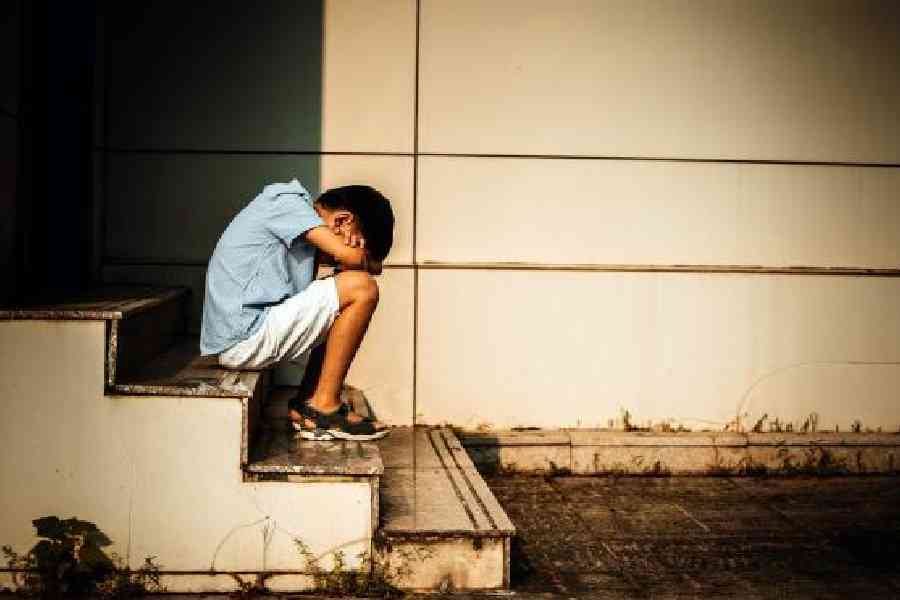Boys are apprehensive of reporting sexual abuse or violence because of the fear of being “criminalised”, said the director of an NGO that works to address gender inequalities.
At a recent seminar organised by the state commission for the protection of child rights, several speakers underlined the need to be aware of and to acknowledge that boys are sexually abused, too.
The acknowledgement, they said, often does not come from the boys themselves because they are conditioned to think in a way that they cannot be abused or their families tend to ignore or hide the violations.
There is suppression of reporting of abuse among boys just as it is among girls, more than one speaker said.
“Boys fear that if they report what has happened to them (sexual abuse or violence), they could be criminalised,” said Deep Purkayastha, director, Praajak.
The child rights programme was a packed three-hour event that included several panel discussions. The stated objective was raising awareness of sexual violence against boys and discussing ways to “take better care of boys and protect them”.
Praajak works to address gender inequalities and challenges traditional notions of “masculinity and patriarchy”.
Purkayastha said the law-enforcing agency, police, “have to work more” to eliminate such apprehensions.
The apprehensions, he explained on the sidelines of the programme, come from a mindset that boys can be “perpetrators” and not “victims”.
“If they have been violated, they feel they would be perceived as either the offender or less of a man,” he said.
During the seminar, the discussions dwelled on existing stereotypes where men cannot seek help just as they cannot cry. The chairperson of the West Bengal Commission for Protection of Child Rights (WBCPCR), Tulika Das, said there has been a conditioning since childhood that men cannot ask for help, which is not how it is.
“Men can never ask for help. Men would help others but wouldn’t need any help. They will stop others from crying or make others cry but not cry themselves. This is a social norm that has been ingrained in us since childhood, something which we believe to be true but later realise this is not how it is,” said Das.
The keynote address was by special public prosecutor Bivas Chatterjee, who said that at a time sex tourism and trafficking are on the rise, boys below 18 are “equally vulnerable” to sexual abuse and violence.
“The acts, Pocso (Protection of Children from Sexual Offences Act), Juvenile Justice Act and the Information Technology Act are gender neutral acts,” he said.
“There are instances when a boy who is under 18 does not report a case, but the trauma of abuse remains with him.... If such a person wants to file a complaint years later, the complaint should be treated with the same seriousness... despite the lapse of years in between,” said Chatterjee.
The panels also included advisors to the commission, Sudeshna Roy and Ananya Chatterjee Chakraborti.
Roy cited a case in Malda where a 17-year-old boy was charged with rape by his sister-in-law, who allegedly had a sexual relationship with him. When the father-in-law found out, the sister-in-law alleged rape, she said.
“Our advice to the boy was that since he was under 18, he was raped. ‘You can file a complaint,’ we said,” Roy told the programme.
Chatterjee Chakraborti said that there was a fine line between bullying or ragging and sexual abuse or violence.











